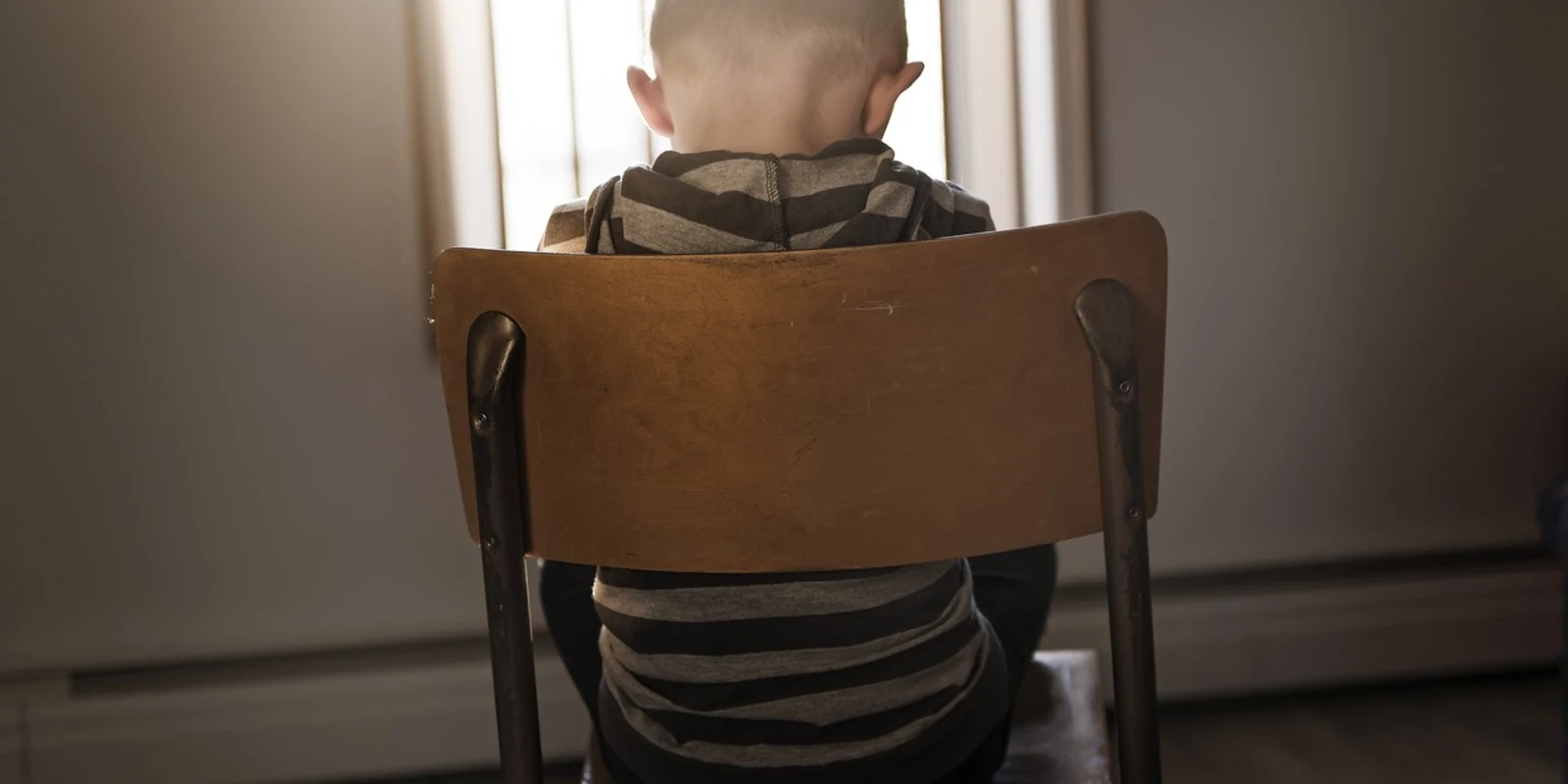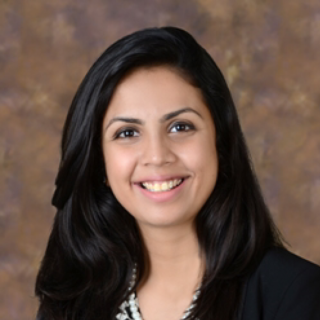
I was first exposed to toxic stress long before I identified its importance. But even without understanding it completely, it was impactful enough to make me want to become a pediatrician. In my country of birth, Pakistan, I used to see poverty, neglect, and child labour on a daily basis. I often wondered the magnitude of emotional impact these adverse childhood experiences would have on these young, vulnerable minds. People in that part of the world realized that this type of treatment of children was wrong, but they seemed more concerned with financial and educational aid. No one was thinking about the physiological and mental health effects of this chronic stress.
Within this setup, I also had my first encounter with resilience. In 2011, a massive flood hit the country, leaving millions of families displaced into camps on barren land. While everyone was working hard to give these families financial support, a group I was a part of decided to be the positive coaches/friends/partners to the kids in these camps, and the results we saw were eye opening. These children, despite being exposed to traumatic experience, were all smiles, ready to adapt, learn, play, stay happy, and not let their adversity overpower them. Would that adversity have overpowered their bodies if no one had intervened when they did? I don’t know, but the thought of that still terrifies me.
Toxic stress response occurs when a child’s vulnerable brain is exposed to a prolonged adverse event, including physical or mental abuse, poverty, neglect, mental illness or substance abuse in the guardian, or natural disaster without support of an adult. It has been proved that these experiences, when they occur during critical periods of brain development, can interfere with the function of brain circuits that control adult emotional behavior and cognition. Studies on adverse childhood experiences show that effected children are more likely to face academic failure and chronic health diseases later in life — such as heart disease, cancer, stroke, and diabetes.
As pediatricians and primary care providers, we have learnt and heard enough about toxic stress. We know how bad it is, and we understand the magnitude of its impact. But are we thinking about it consciously when we walk into a room for a well child visit? As young pediatric residents, are we looking beyond our checklists and things to do in order to actually look beyond the surface? As much as people talk about it, in reality, it’s not that easy to judge the background in a brief well child visit which carries many other agendas. Unfortunately, sometimes it becomes the last thing we tend to focus on. In our hospital practice in an underserved area in Philadelphia, we use the SEEK model as a screening tool for many stressors. But, I have seen many residents, including myself, shy away from it and be scared to see a positive screen. We are many times afraid to bring up that conversation with the parent without affecting our relationship.
The solution to this problem is simple yet effective: Resilience is not built in one day, but it takes effort. As pediatricians, we are empowered to inculcate resilience each day, even with minimal effort. It can be done by modeling positive behaviours, providing doses of subtle education at each visit through handouts, videos or social media messages, by identifying resources in the community or by simply saying a few words of motivation and encouragement. Intervention should not only be done when a problem is glaring at you in the face, intervention should aim at primary prevention. We need to tell ourselves before we see each child that toxic stress is as scary as meningitis and resilience is as important as vaccines.
I still remember seeing a child in my well clinic continuously being called “ADHD” and shoved off due to his disruptive behaviours. But, in reality he was going through a life-changing experience at home due to incarceration of a parent. Someone had once considered ADHD after seeing the child pacing in the room, and at every visit, the evaluating physician continued to be biased by the prior evaluation, hence depriving the child of the crucial support that he needed at such a time. The lesson to be learnt from that patient was, first, that toxic stress is more common then we think it is, and second, in order to recognize it and promote resilience, our mind needs to be free of bias when we walk into a room.
Although parents are the most instrumental link in the cycle of developing resilience and preventing toxic stress in children, it is extremely important to develop a strong community framework that identifies the impact of toxic stress. The role of the pediatrician lies in helping parents identify key persons in the community, including educationists, mental health providers, child welfare services, shelter services, trauma informed centers and many more. A pediatrician who is not equipped with the oversight of these resources in the community may be excellent in his skill but can serve as a barrier to the child’s path of resilience. It is also important for the pediatrician to recognize each family’s limitations, including culture, language, and geography to ensure maximum effectiveness.
Stress is a part of each individual’s life and is not always harmful. What we owe to our patients is not its prevention. Rather, our aim should be to help these young minds cope with stress and transform it into a positive force in their life. We should also help overwhelmed parents realize that their support can save their child from numerous physiological and psychological side effects. And provide them the relevant resources so that they don’t feel that they’re alone in this struggle. On a piece of paper, all these acts may feel and sound trivial, but lets remember, in the bigger scheme of a child’s lifetime, every bit counts!

Saba Fatima, MD, originally hails from Karachi, Pakistan and is currently training as a pediatrics resident in Philly. She has a passion for children and writing, and she hopes for a world where no child has to die because they can’t afford to live. She is a 2018 Doximity Scholar. She tweets @SabaFatimaAli and blogs at https://sabafatimaali.wordpress.com/.







